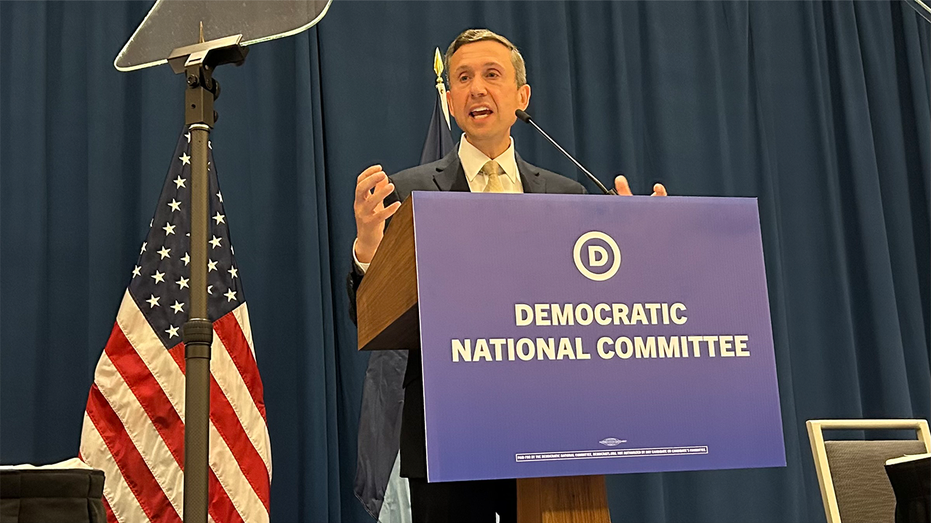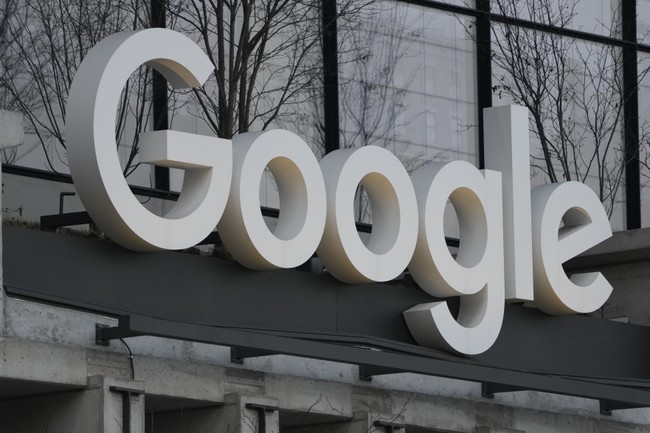

America already learned a lesson from the Green New Deal: If an industry survives only on special favors, it isn’t ready to stand on its own.
Yet the same game is playing out again — this time for artificial intelligence. The wealthiest companies in history now demand tax breaks, zoning carve-outs, and energy favors on a scale far greater than green energy firms ever did.
Instead of slamming on the accelerator, Washington should be hitting the brakes.
If AI is truly the juggernaut its backers claim, it should thrive on its merits. Technology designed to enhance human life shouldn’t need human subsidies to survive — or to enrich its corporate patrons.
An unnatural investment
Big Tech boosters insist that we stand on the brink of artificial general intelligence, a force that could outthink and even replace humans. No one denies AI’s influence or its future promise, but does that justify the avalanche of artificial investment now driving half of all U.S. economic growth?
The Trump administration continues to hand out favors to Big Tech to fuel a bubble that may never deliver. As the Wall Street Journal’s Greg Ip pointed out earlier this month, the largest companies once dominated because their profits came from low-cost, intangible assets such as software, platforms, and network effects. Users flocked to Facebook, Google, the iPhone, and Windows, and revenue followed — with little up-front infrastructure risk.
The AI model looks nothing like that. Instead of software that scales cheaply, Big Tech is sinking hundreds of billions into land, hardware, power, and water. These hyperscale data centers devour resources with little clarity about demand.
According to Ip’s data: Between 2016 and 2023, the free cash flow and net earnings of Alphabet, Amazon, Meta, and Microsoft rose in tandem. Since 2023, however, net income is up 73% while free cash flow has dropped 30%.
“For all of AI’s obvious economic potential, the financial return remains a question mark,” Ip wrote. “OpenAI and Anthropic, the two leading stand-alone developers of large language models, though growing fast, are losing money.”
Andy Lawrence of the Uptime Institute explained the risk: “To suddenly start building data centers so much denser in power use, with chips 10 times more expensive, for unproven demand — all that is an extraordinary challenge and a gamble.”
The cracks are already beginning to show. GPT-5 has been a bust for the most part. Meta froze hiring in its AI division, with Mark Zuckerberg admitting that “improvement is slow for now.” Even TechCrunch conceded: Throwing more data and computing power at large language models won’t create a “digital god.”
Government on overdrive
Yet government keeps stepping on the gas, even as the industry stalls. The “Mag 7” companies spent $560 billion on AI-related capital expenditures in the past 18 months, while generating only $35 billion in revenue. IT consultancy Gartner projects $475 billion will be spent on data centers this year alone — a 42% jump from 2024. Those numbers make no sense without government intervention.
Consider the favors.
Rezoning laws. Data centers require sprawling land footprints. To make that possible, states and counties are bending rules never waived for power plants, roads, or bridges. Northern Virginia alone now hosts or plans more than 85 million square feet of data centers — equal to nearly 1,500 football fields. West Virginia and Mississippi have even passed laws banning local restrictions outright. Trump’s AI action plan ties federal block grants to removing zoning limits. Nothing about that is natural, balanced, fair, or free-market.
Tax exemptions. Nearly every state competing for data centers — including Virginia, Tennessee, Texas, Arizona, Georgia, Indiana, Illinois, North Carolina, Oklahoma, and Nebraska — offers sweeping tax breaks. Alabama exempts data centers from sales, property, and income taxes for up to 30 years — for as few as 20 jobs. Oregon and Indiana also give property tax exemptions.
RELATED: Big Tech colonization is real — zoning laws are the last line of defense
 Photo by the Washington Post via Getty Images
Photo by the Washington Post via Getty Images
Regulatory carve-outs. Trump’s executive order calls for easing rules under the National Environmental Policy Act, Clean Air Act, Clean Water Act, and other environmental statutes. Conservatives rightly want fewer burdens across the board — but why should Big Tech’s server farms get faster relief than the power plants needed to supply them?
Federal land giveaways. The AI action plan also makes federal land available for private data centers, handing prime real estate to trillion-dollar corporations at taxpayer expense. No other industry gets this benefit.
Stop the scam
Florida Gov. Ron DeSantis (R) put it bluntly: “It’s one thing to use technology to enhance the human experience, but it’s another to have technology supplant the human experience.” Right now, AI resembles wind and solar in their early years — a speculative bubble kept alive only through taxpayer largesse.
If AI is truly the innovation its backers claim, it will thrive without zoning exemptions, tax shelters, and federal handouts. If it cannot survive without special favors, then it isn’t ready. Instead of slamming on the accelerator, Washington should be hitting the brakes.
.png)
 3 hours ago
1
3 hours ago
1















 English (US)
English (US)